Impact and Space Weather and How to prepare for Rare Disaster Events
...part of the extended info series on How to prepare your Personal Emergency Plan | this page is also accessed via bit.ly/SpaceWeatherPreparedness
| |||||||
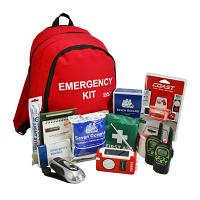 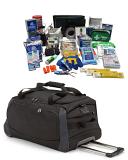 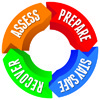 CME coronal mass ejection | solar storm"Solar storms are much more likely than large asteroid strikes", according to astronomer and writer @DrStuClark quoted in New Scientist1, and history shows that they can be devastating. The last big one, the so called 'Carrington Event' occured in September 1859, turning skies red and causing sparks to fly from telegraph machines shocking operators and causing fires. Today, this scenario would play out dramatically different. Space weather can disturb and knock out satellites, power grids and radio communications. Also see Extreme Space Weather Impact on engineered systems and infrastructure (PDF, Royal Academy of Engineering 2013), NASA FAQ on spaceweather; NOAA’s first space weather satellite DSCOVR goes operatonal 27Jul16; MetOffice space weather @MetOfficeSpace; NOAA Space Weather Scales; 2016 Solar storm scientists prepare for geomagnetic event that could destroy technology across the world for years 2015 And now, the space weather: Space weather report to keep GPS on track 2014 UK Met Office opens 'solar storm' centre 2012 Earth in for bumpy ride as solar storms hit and No room for complacency over solar storms NOAA ACE real-time solar wind; solarmonitor.org; FlareAware ImpactRare events like meteor strikes or impact by space debris are difficult to anticipate and plan for. In their immediate vicinity they have the potential of being apocalyptic events; i.e. the historic Tunguska event. Not everyone wants to consider such near end-of-the-world scenarios yet we are all impacted even if they happen far away from us. Real-time tracking i.e. N2YO.com; Space Junk monitoring ie Satview.org2015 2013 Chelyabinsk, Russia 1500 people injured, 7000 building damaged (Wiki);
1. ASSESS
2. PREPARE
3. STAY SAFE
4. RECOVER
Tweet thank you for sharing!
| 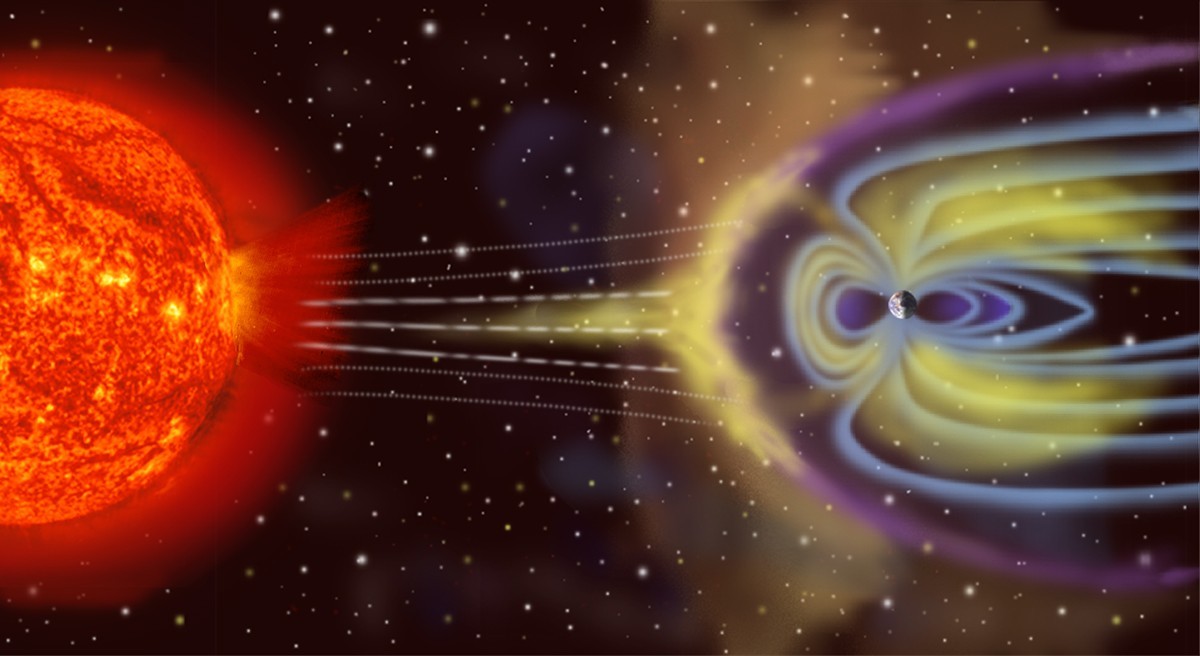 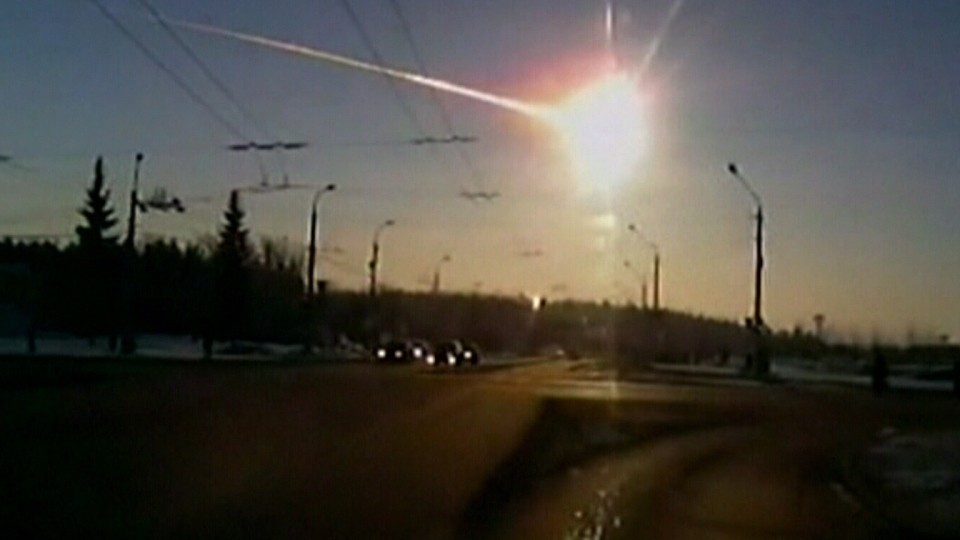 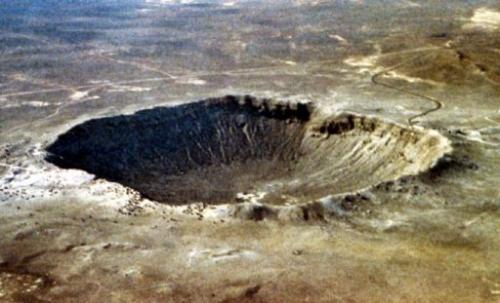 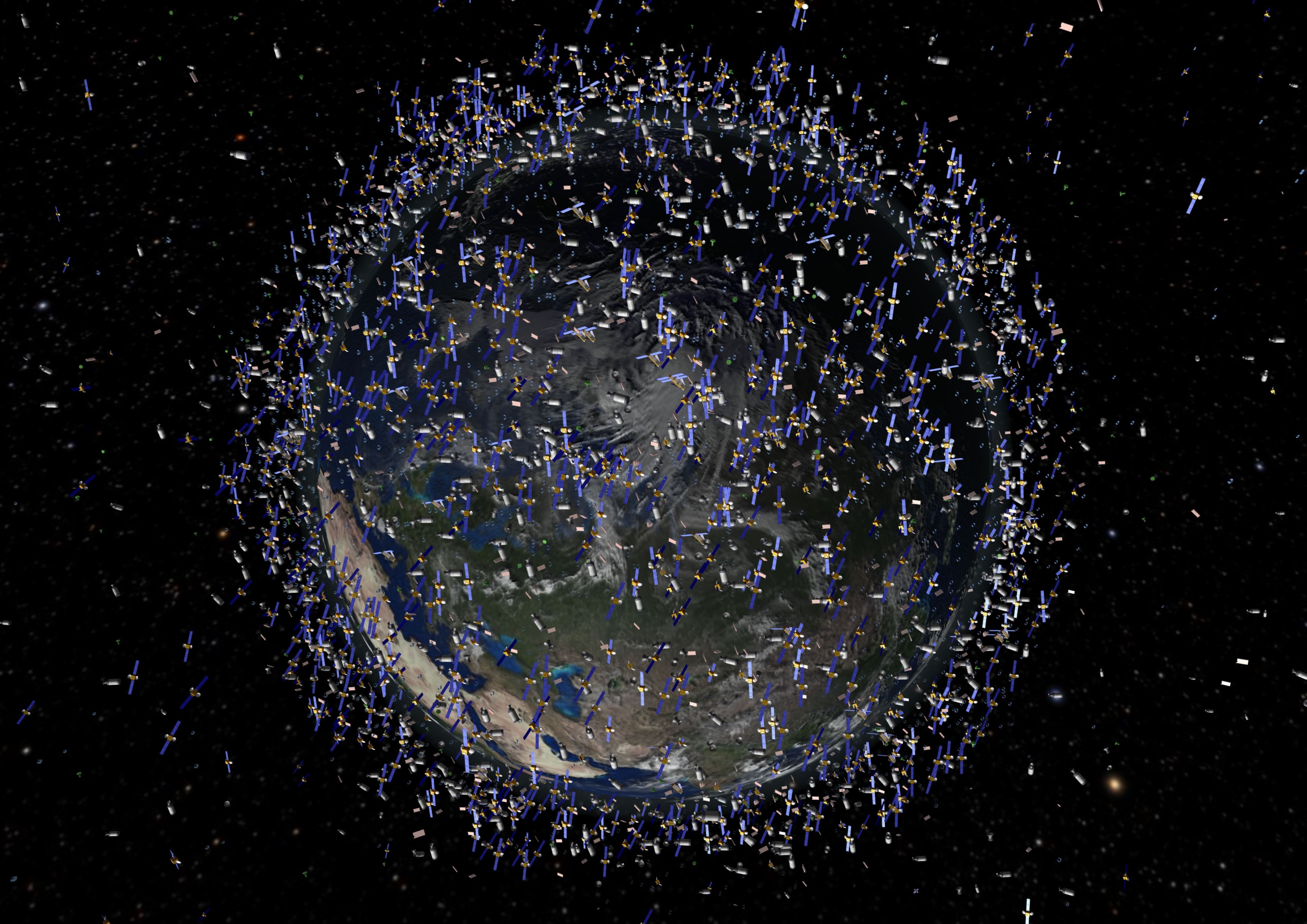 Tweets by FlareAware | ||||||
If you find this content useful then join us for even more Emergency Preparedness on
| Which Emergency Kit | ||||||
| 1 New Scientist, 11 June 2016 V230/no3077 | |||||||









